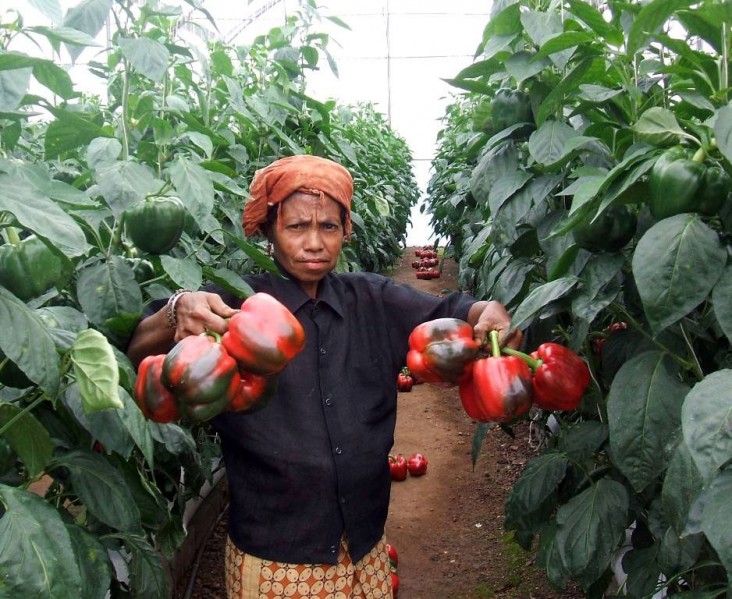|
Purpose: To link subsistence farmers to commercial markets and build their capacity to meet market demand for quality, quantity and consistency of agricultural production. |
Location: Aileu and Dili districts. |
|
Partner: Development Alternatives, Inc. (DAI) |
Duration: July 2010 – February 2015 |
|
Contract: $8,279,087.00 |
Background:
While agriculture is the primary source of livelihood for approximately 80% of the population of Timor-Leste, the majority of farmers have limited access to the technologies and practices needed for sustainable and efficient agricultural production. Subsistence and commercial producers face significant constraints, including limited access to quality inputs, low yields high post-harvest losses, and limited access to markets. USAID’s five-year (2013-2018) development strategy identifies inclusive economic growth in the agriculture sector as central to strengthening the institutional and human capacity for development in the country.

To support Timor-Leste to sustainably reduce poverty and undernutrition, USAID projects assist Timorese farmers to move away from subsistence agriculture towards more diversified, income-generating farming and to link with domestic and international markets. USAID projects also align with the Government of Timor-Leste (GOTL) objective to support the transition from subsistence to commercial farming and to increase the production and productivity of key agricultural commodities.
Summary:
USAID’s Developing Agricultural Communities (DAC) project partners with local private sector actors, including the American energy corporation ConocoPhillips and two of the largest local supermarkets – K’manek and Dilimart – to support farm families through training in business skills and horticulture technologies and by connecting smallholder farmers to retail traders. DAC also implements USAID’s first Trilateral Activity, a collaborative effort of the U.S., China, and Timor-Leste, to improve food security through improved farming practices. In addition, DAC works to empower Timorese women as economic actors in the communities where they work, which is significant considering the social and cultural pressure on women to provide family and household care.
Focusing on the farm-to-market value chain to improve the economic and social conditions of participating farmer households, USAID’s DAC uses the following approaches: (1) introduce innovative horticultural technology and equipment to farming communities; (2) provide training to participant farmers to produce high-value crops; (3) increase access to markets and help create the linkage. By connecting smallholder farmers to retail traders, farmers are more empowered to demand better transportation and fairer prices to bring their products to market.
In 2013, the 349 farmers participating in USAID’s DAC project more than doubled their production from the previous year. Original communities increased their total production by 183% and total revenue by 186%. Farmers new to DAC in 2013, increased their production and revenue by 466% and 517%, respectively. For future engagement, USAID’s DAC identified an additional 27 sites to implement project activities.








Comment
Make a general inquiry or suggest an improvement.